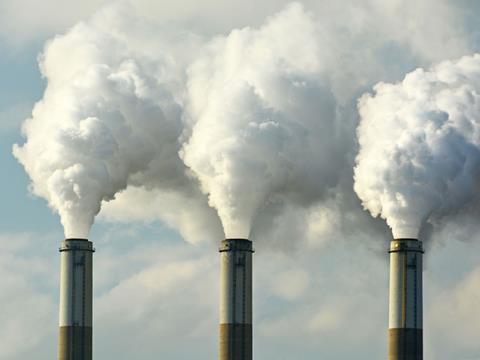
SIG, Henkel, Stora Enso, and Suez are among a number of companies that have released a joint Recover Better statement, which calls on governments around the world to align COVID-19 economic aid and recovery efforts with the latest climate science.
Signed by 155 major multinationals who are committed to science-based climate action, the Recover Better statement is being described as the largest ever UN-backed CEO-led climate advocacy effort. It calls for policies that will aim to build resilience against future shocks by supporting efforts to hold global temperature rise to within 1.5°C above pre-industrial levels, in line with reaching net-zero emissions before 2050.
The Recover Better campaign is being convened by the Science Based Targets initiative (SBTi), together with the UN Global Compact and the We Mean Business coalition.
“The impact of COVID-19 continues to be felt around the world and it’s encouraging to see people uniting to weather this crisis, but we must not lose sight of the urgent need for collective action to tackle the climate emergency,” said Rolf Stangl, CEO at SIG.
“At SIG, we’re committed to delivering low-carbon solutions for our customers and reducing our own emissions in line with the latest science. We’re joining other leading corporates to call on governments to ensure efforts to recover from the COVID-19 pandemic support the transition to a zero-carbon economy and deliver on the climate commitments of the Paris Agreement.”
“Governments have a critical role to play by aligning policies and recovery plans with the latest climate science, but they cannot drive a systemic socio-economic transformation alone,” said Lila Karbassi, Chief of Programmes at the UN Global Compact, and Science Based Targets initiative Board Member.
“To address the interconnected crises we face, we must work together as an international community to deliver on the Sustainable Development Goals and the Paris Agreement. As the largest ever UN-backed CEO-led climate advocacy effort, these companies are leading the way in driving ambitious science-based action and advocacy to help reduce vulnerability to future shocks and disasters.”












